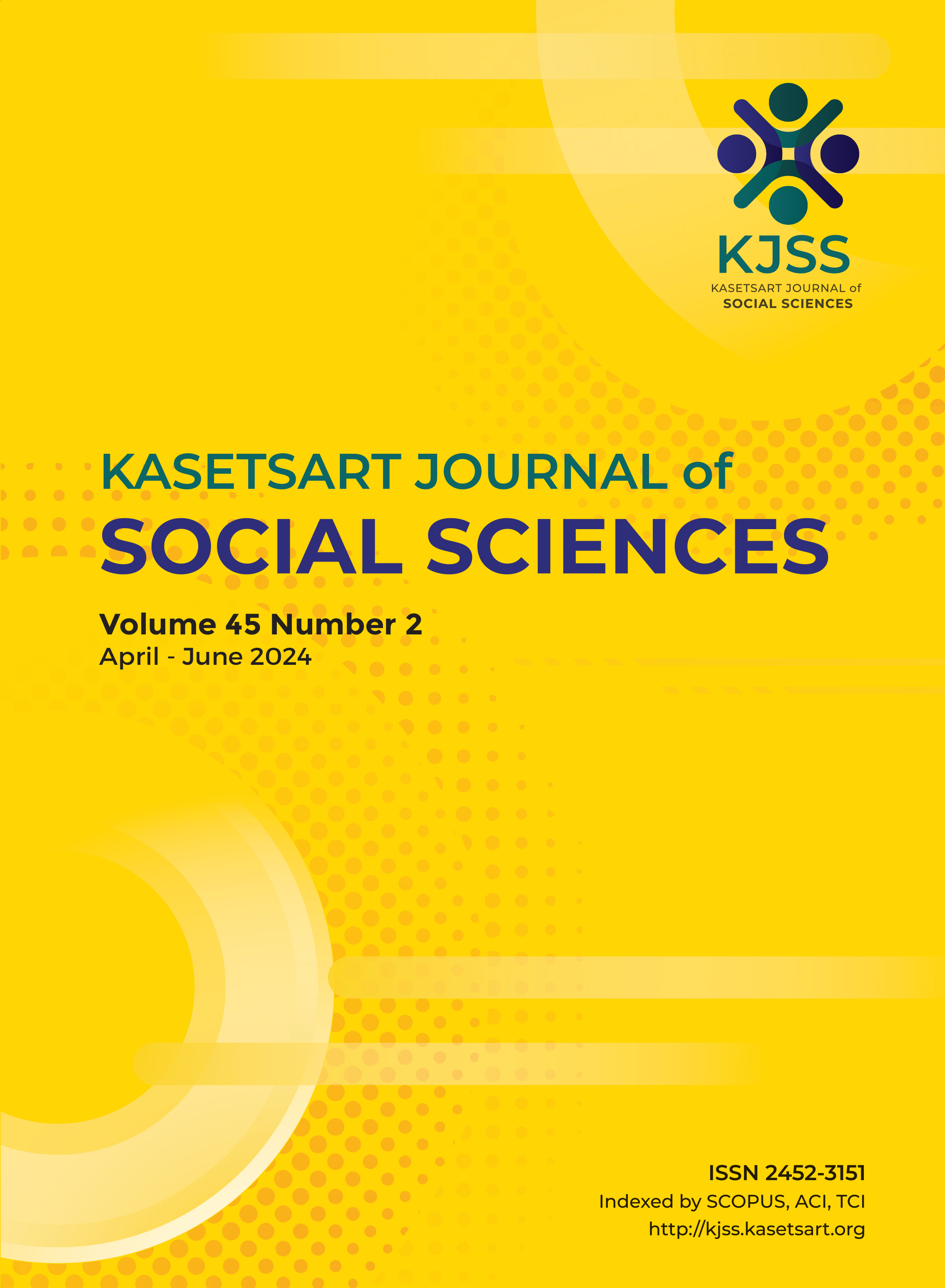Migrant cultural capital accumulation amid the first COVID-19 shock: Shan children in Chiang Mai municipal schools, Thailand
Keywords:
Chiang Mai, COVID-19, cultural capital, migrant workers, Shan childrenAbstract
Among the measures taken by Thailand’s government in 2020 in response to the first wave of the Covid-19 epidemic was the closure of schools for the months of May and June that year, and a scheme of distance-learning for the students instead. The present study examines the impact of this crisis and the education policy response on a group of teenage students who were children of Shan migrant workers in inner-city Chiang Mai, and their nuclear families. It is based on interviews with the students, their parents, and teachers or principals from their respective schools. The questioning was influenced by previous studies of migrants in Thailand, and a theoretical framework involving Pierre Bourdieu’s conceptualisation of cultural capital; it was supposed that the students and their families would attempt to protect the children’s acquisition of cultural capital in the face of an exogenous shock to their household economy. The interviews helped illuminate how far this was the case, and the ways in which it happened. Further, in contrasting the student experiences with the way in which the distance-learning measures were announced by the Minister of Education, the paper provides evidence about ways in which modern technology solutions can overlook children’s individual learning needs, and create new disadvantages for poorer students, particularly the children of inner-city migrant workers.
Downloads
Published
How to Cite
Issue
Section
License
Copyright (c) 2024 Kasetsart UniversityThis is an open access article under the CC BY-NC-ND license http://creativecommons.org/licenses/by-nc-nd/4.0/










